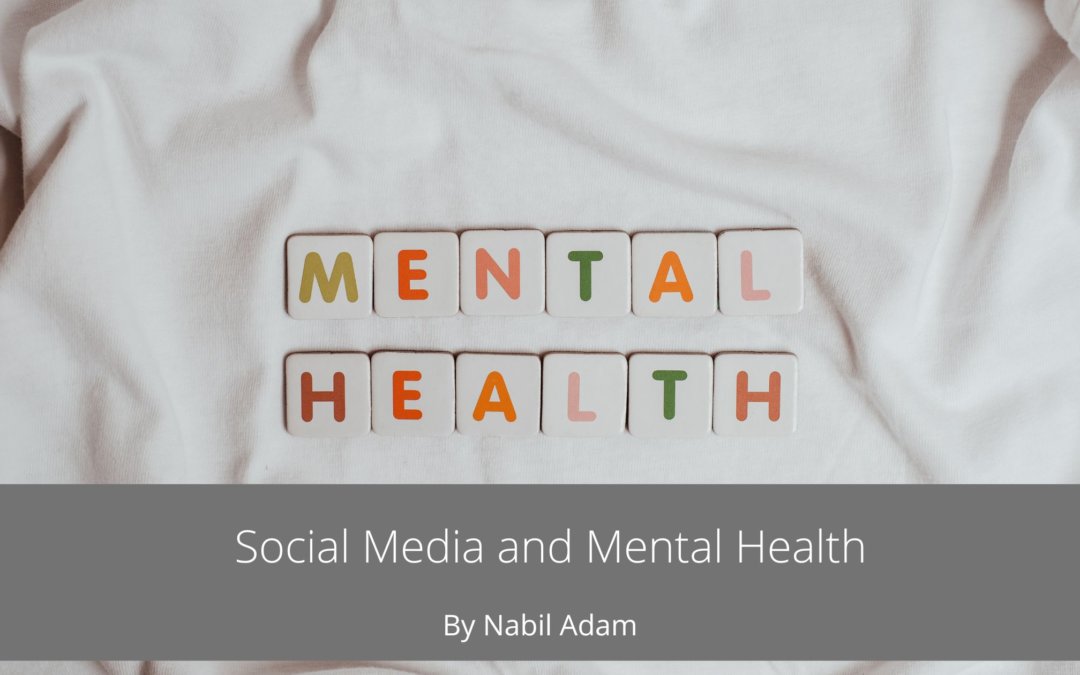Last year, Instagram made headlines for suppressing likes to prevent users from feeling hurt by the increasing popularity of comparable content. But are these efforts helping with mental health issues?
According to Jacqueline Sperling, a psychologist who works with kids experiencing anxiety disorders, Instagram’s recent restriction is a small step toward addressing this issue.
Even though the platform has removed likes, she noted that people can still post comments and compare themselves to others.
Risk vs. Reward
The idea of social media is that it can reinforce a feeling of pleasure. When users use it, their reward center releases a chemical associated with pleasurable activities, such as sex and food. Unfortunately, these platforms are addictive and can trigger various mental health issues.
According to Sperling, unpredictable outcomes can make people more prone to repeating their behavior. For instance, she said that people who gambled on slot machines would never gamble if they knew they would never win.
Similarly, she said that social media users might stop using the platform even if they knew how many likes a post would get or when it would receive a response. The unpredictable nature of the results keeps people engaged.
Individuals use social media to boost their self-esteem and connect with their social circle. They post content to receive positive feedback, which then pairs with the potential rewards.
Missing out on certain experiences can create depression and anxiety. When people are not included in an activity, it can affect their feelings and thoughts.
Distraction from Distractions
Most people are not motivated to stop using social media despite the adverse effects it can have on them. It’s also unrealistic for most users to give up entirely.
Since social media use can have detrimental effects on users, they should monitor their behavior on the platform.
After being diagnosed with anxiety, Michelle admitted to using social media. She said that the platform made her feel worse.
It made her feel like she didn’t deserve anything. She said that whenever she saw something nice, her mind would go from “Why not me?” to “I don’t deserve those things.”
To help her manage her anxiety, Michelle and her therapist established a set of ground rules. One of these included learning what triggered her feelings on various social media platforms. She eventually gave up on Snapchat and deactivated her account for good. But she’s still using other platforms.
If one notices that their happiness is affected by their use of social media, then they might want to change how they use it. For instance, they might want to spend less time on it and more time doing other activities.

